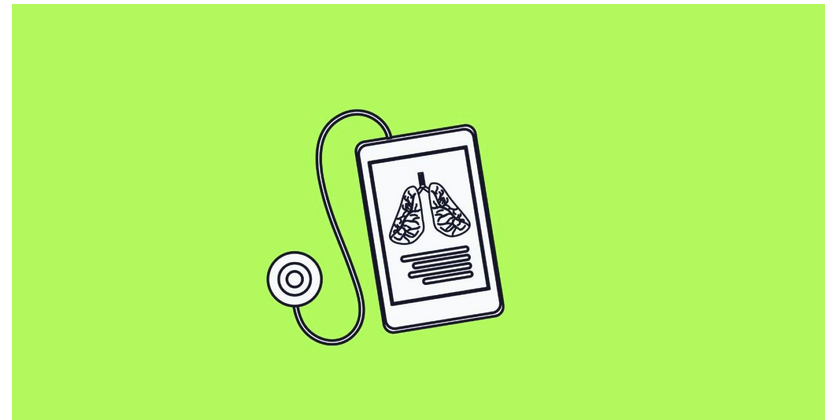In an era of technological uncertainty, artificial intelligence (AI) emerges as a revolutionary tool capable of transforming multiple sectors, including medicine. However, it is crucial to understand its role as a complement rather than a substitute for human intelligence and quality, while maintaining the legacy of the Hippocratic method.
The era of Artificial Intelligence (AI) has arrived with promises of change and progress in nearly every aspect of our lives. In the field of medicine, this technology holds the potential to revolutionise how we diagnose, treat, and understand diseases. However, with this technological advancement comes a significant dilemma: can AI replace the human art in medicine? Furthermore, the uncertainty is so great that some even attribute human behaviours to these technological tools. For example, the ethics of AI in medicine is a topic of growing debate in medical and technological circles. We must remember that machines do not have ethics, but rather “atics,” meaning they are not guided by ethical principles but mathematical ones. It is we, humans – those who design and develop these systems, and those who will use them – who must adhere to ethical principles. As a reminder, the four fundamental principles of medical ethics are non-maleficence, beneficence, justice, and autonomy. Non-maleficence requires that physicians do not harm patients. Beneficence entails the obligation of healthcare professionals to always act in the best interest of the patient. Justice requires that all patients be treated equally. Lastly, autonomy refers to respect for the patient’s capacity to make informed decisions about their medical care. Recently, the WHO expanded these ethical principles, adapting them to developers of AI tools, whether they come from the health field or not. One of them is human autonomy, which establishes that humans must remain in control of medical decisions. This is not a corporate reaction against new technologies. This principle is based on the fact that the cornerstone of medical practice is the medical act, a relationship between two people, one who places all their trust in another who must apply medical knowledge acquired wisely, for the well-being and satisfaction of that trust. We must firmly uphold that AI should be a tool that complements human intelligence and empathy. The Hippocratic method, in practice for more than two millennia, teaches us that the diagnosis and treatment of diseases go beyond the simple observation of symptoms; they require a comprehensive understanding of the patient as an individual. This holistic approach, which combines knowledge, wisdom, and a “medical sixth sense,” is something that AI, no matter how advanced, cannot replace.
AI, with its capacity to process and analyse vast volumes of data at inhuman speeds and precision, undoubtedly offers unprecedented benefits. However, these advancements should not lead us to technological dependence that undermines the value of medical judgment and human interaction. Technology should be used to augment our capabilities, not to replace clinical judgment or the empathy that defines medical practice. The concept of “augmented intelligence” better reflects the role that AI should play in medicine: one that enhances, rather than substitutes, human intelligence. The future of medicine does not lie in choosing between human and artificial intelligence, but in the harmonious integration of both. In doing so, we can preserve and enhance the “art of medicine,” ensuring that technological advancements improve the quality of care, without losing sight of the importance of human connection. By doing this, we can preserve the legacy of the Hippocratic method, maintaining medicine as a science founded on compassionate and detailed understanding of each patient. AI can be an invaluable ally in this effort, but never a substitute for human sagacity and warmth.
Read more: https://ethic.es/2024/05/etica-o-atica-el-rol-de-la-inteligencia-artificial-en-medicina/





